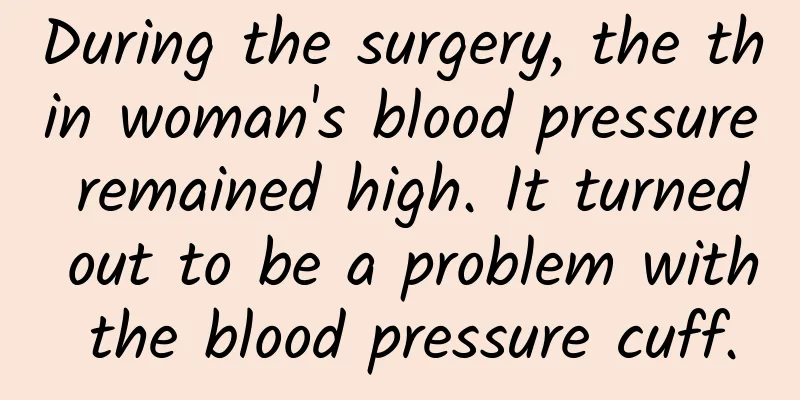Symptoms of menopause

|
Due to their special physiological structure, normal women will have menstruation, but as they age, their ovarian function will decline, which will lead to the cessation of menstruation, which is what we often call menopause. Many women have some understanding of menstruation, but not much about menopause. So what are the symptoms of menopause? Let’s take a look at the introduction in this article. Menopause is a process that every woman has to go through. Usually women will experience menopause at around 45 years old. After menopause, women's endocrine system will change greatly, so there are still many symptoms after menopause. Usually the symptoms after menopause are: Menstrual changes: Most women begin to experience menstrual changes around the age of 40, and the average age of menopause is 49.5 years old. A small number of women experience functional uterine bleeding, which may even lead to severe anemia. Changes in the urogenital tract: The reproductive organs begin to shrink, the mucosa becomes thinner, and senile vaginitis is more likely to occur, and urine cannot be held back, etc. Neuropsychiatric symptoms: mainly hot flashes, fever, sweating and other vasodilation symptoms. Emotional instability, irritability, depression, memory loss, decreased work ability, etc. Skin: Subcutaneous tissue and moisture decrease, become dry and thin, lose luster, wrinkles gradually increase, some appear itchy, hair begins to turn white and fall off. Fat increases in the abdomen and buttocks, easy to gain weight. Changes in the cardiovascular system: Blood pressure fluctuates easily, hypertension often occurs, pain and discomfort in the precordial area, palpitations, shortness of breath, increased incidence of arteriosclerosis, and increased incidence of coronary heart disease. Osteoporosis: From around 40 years old, women's bones begin to decalcify, losing 1% of calcium each year. If calcium is not supplemented, it can lead to osteoporosis. The consequences are compression of the spine, shorter stature, kyphosis and difficulty walking. In severe cases, spinal compression fractures occur, which are prone to fractures, most commonly in the distal radius of the upper limbs and the femur of the lower limbs. The incidence of fractures in women is 6 to 10 times that of men. Mental: Emotional instability, anxiety, suspicion, insomnia, depression, etc. Blood circulation: sudden fever and flushing on the face, which subsides in a few seconds. Also accompanied by palpitations, night sweats, etc. The above is an introduction to the symptoms of menopause. In fact, menopause not only means aging, but also has a great impact on women's health. Therefore, women must pay attention to avoid the early onset of menopause. Of course, don't worry too much after menopause occurs. It is still important to maintain a good attitude. |
>>: Causes of delayed menstruation
Recommend
Breast size determines fertility
Do female breasts have a big impact on fertility?...
The elderly in the family are suffering from "yang phobia". How should children guide them to resolve the problem?
Recently, with the optimization and adjustment of...
Will anti-inflammatory drugs delay menstruation?
As we all know, women's menstrual cycle is re...
The cancer incidence rate in 30-year-old women is about twice that of men! What is the reason?
Recent research data shows that the number of you...
How deep should spicy chicken be fried? How should spicy chicken be fried before serving?
As we all know, chicken is a common meat ingredie...
Anti-aging cream has no effect? Here's how to use it
Many girls use anti-aging cream to scoop out a lu...
What diseases can amenorrhea cause?
Once women experience amenorrhea, they must calm ...
Half-moons, hangnails... Is there something wrong with your nails? Stretch out your finger and click in to check!
If you don't have half-moons on your nails, y...
Pregnancy Safety | Failed the Sugar Screening Test? You Need This Popular Science
This is the 3781st article of Da Yi Xiao Hu There...
Small red pimples on female chest
Small red bumps on women's chest may be cause...
How to propagate Guanyin Lotus with high survival rate? What should be paid attention to when propagating Guanyin Lotus?
Guanyin Lotus is a common plant in life. It is th...
Itching around the chest
The itching around the chest is mainly caused by ...
What are the four parts of the fallopian tube?
The bilateral fallopian tubes are a pair of long,...
Insights into professional gaming phones: Black Shark ranks first in market share, with young male users as the main force
In the first quarter of 2020, with the hot develo...









